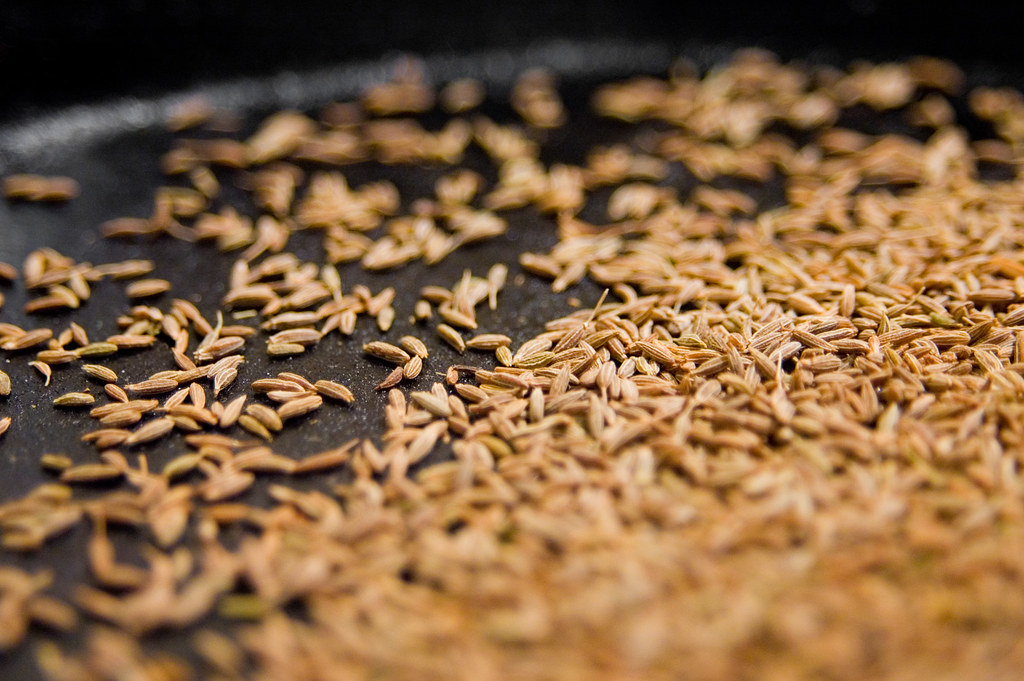
Introduction
Eczema is a persistent skin condition that affects people in various ways, causing discomfort, pain, and often leading to a desperate search for effective remedies. In a heartfelt video, pianist Josh Wright shares his personal journey and the strategies he discovered to manage and alleviate his eczema without relying on steroid creams. His approach focuses on natural remedies and lifestyle adjustments that have helped him live comfortably without severe eczema flares.
Getting Off Steroid Creams
Josh emphasizes the importance of avoiding steroid creams as a long-term solution. Steroid creams, while providing temporary relief, mask the body’s natural immune responses and can lead to more severe outbreaks when discontinued. The journey to quit steroid creams can be challenging and may initially lead to increased discomfort, but it is a crucial step towards finding a more sustainable solution to managing eczema.
Salt Baths for Relief
One of the strategies that Josh found particularly helpful is taking salt baths. He recommends using Minera Dead Sea Salt for its beneficial effects in managing eczema symptoms. Salt baths can help in soothing the skin, reducing inflammation, and providing a sense of relief from the constant itchiness associated with eczema.
Choosing the Right Shampoo
Josh suggests using a dandruff shampoo like Free and Clear Shampoo, which is gentle on the skin and free from common irritants. Choosing the right shampoo is essential as some products may exacerbate the symptoms of eczema, especially when it affects the scalp.
Dietary Considerations
Diet plays a significant role in managing eczema. Josh recommends an organic protein powder, Orgain Organic Protein Powder, as a part of his diet. Being mindful of the foods that may trigger eczema flares is crucial. Identifying and avoiding such triggers can make a significant difference in managing the symptoms.
Laundry Detergent Choices
The choice of laundry detergent can influence eczema symptoms. Josh uses All Free and Clear Laundry Detergent, which is gentle and free from dyes and fragrances that might irritate the skin. Avoiding fabric softeners or choosing mild ones like Bounce Free can also be beneficial.
Josh Wright’s insights provide a glimpse into the practical strategies that can help in managing eczema naturally. His journey underscores the importance of exploring various aspects, such as bathing routines, diet, and everyday products, to find what works best for individual needs.
Healing Eczema – 5 Things I Do Each Day To STOP THE ITCH by Josh Wright
Credits
Video by Josh Wright
The Power of Probiotics
Josh discovered the benefits of incorporating probiotics into his routine to manage eczema. Probiotics, found in supplements and fermented foods, can help in enhancing gut health, which is closely linked to skin health. A healthy gut can contribute to a stronger immune system, potentially reducing eczema flares.
Hydration is Key
Keeping the body well-hydrated is essential for overall health and skin health. Josh emphasizes the importance of drinking adequate water daily to maintain skin hydration and support the body’s natural healing processes.
Mindfulness and Stress Management
Josh highlights the role of stress in triggering eczema flares. He encourages engaging in mindfulness practices and finding ways to manage stress effectively. Techniques such as meditation, deep breathing, and maintaining a positive outlook can be beneficial in managing eczema related to stress.
The Role of Exercise
Regular exercise can enhance overall health and well-being. Josh shares that engaging in consistent exercise routines has been beneficial in managing his eczema. Exercise can help in improving circulation, reducing stress, and promoting a sense of well-being, which can be beneficial for skin health.
Conclusion
Josh Wright’s journey offers valuable insights into managing eczema through natural strategies and lifestyle modifications. His experiences underscore the importance of a holistic approach, considering various aspects such as diet, stress, and daily routines, in managing eczema effectively.
Further Reading
- Tea Tree Oil and Eczema: A Natural Remedy Explored
- Biologics for Eczema: A New Era of Eczema Treatment
- Side Effects of Steroid Creams for Eczema
FAQs
- What role do probiotics play in managing eczema according to Josh Wright? Probiotics are essential in Josh Wright’s routine, as they help enhance gut health, which is closely linked to skin health. A healthy gut contributes to a stronger immune system, potentially reducing eczema flares.
- How does hydration impact eczema management in Josh’s experience? Josh emphasizes the importance of hydration in maintaining skin health. Adequate water intake helps maintain skin moisture and supports the body’s natural healing processes.
- What strategies does Josh suggest for managing stress to control eczema? Josh encourages mindfulness practices such as meditation and deep breathing. Managing stress through these techniques can be beneficial in controlling eczema flares triggered by stress.
- How does exercise contribute to eczema management according to Josh? Regular exercise, as per Josh, improves circulation, reduces stress, and promotes overall well-being, which can be beneficial for managing eczema.
- What kinds of foods does Josh recommend incorporating into the diet for managing eczema? Josh recommends a diet rich in fruits, vegetables, and whole foods, and he emphasizes the importance of identifying and avoiding personal food triggers.
- Does Josh recommend any specific skincare products or routines for eczema? While Josh shares his personal skincare routine, it’s essential to note that skincare needs can vary, and a healthcare professional’s advice should be sought for personalized recommendations.
- What is the significance of identifying personal triggers in managing eczema as per Josh? Identifying and avoiding personal triggers, such as certain foods or stress, is crucial in preventing eczema flares, as highlighted by Josh’s experiences.
- Does Josh suggest any natural remedies or supplements for managing eczema? Josh discusses various natural strategies, including the use of probiotics and maintaining a healthy diet, which have been beneficial in his eczema management journey.
- How does Josh’s approach emphasize the role of lifestyle in managing eczema? Josh’s journey underscores the importance of a holistic approach, incorporating lifestyle modifications such as diet, exercise, and stress management in effectively managing eczema.
- What are some key takeaways from Josh Wright’s journey in managing eczema? Josh’s experiences offer valuable insights into a holistic approach to eczema management, emphasizing the importance of diet, lifestyle, and natural strategies in controlling eczema symptoms.
Blog Tags
eczema, Josh Wright, natural remedies, probiotics, hydration, stress management, exercise, skincare routine, personal triggers, holistic approach











